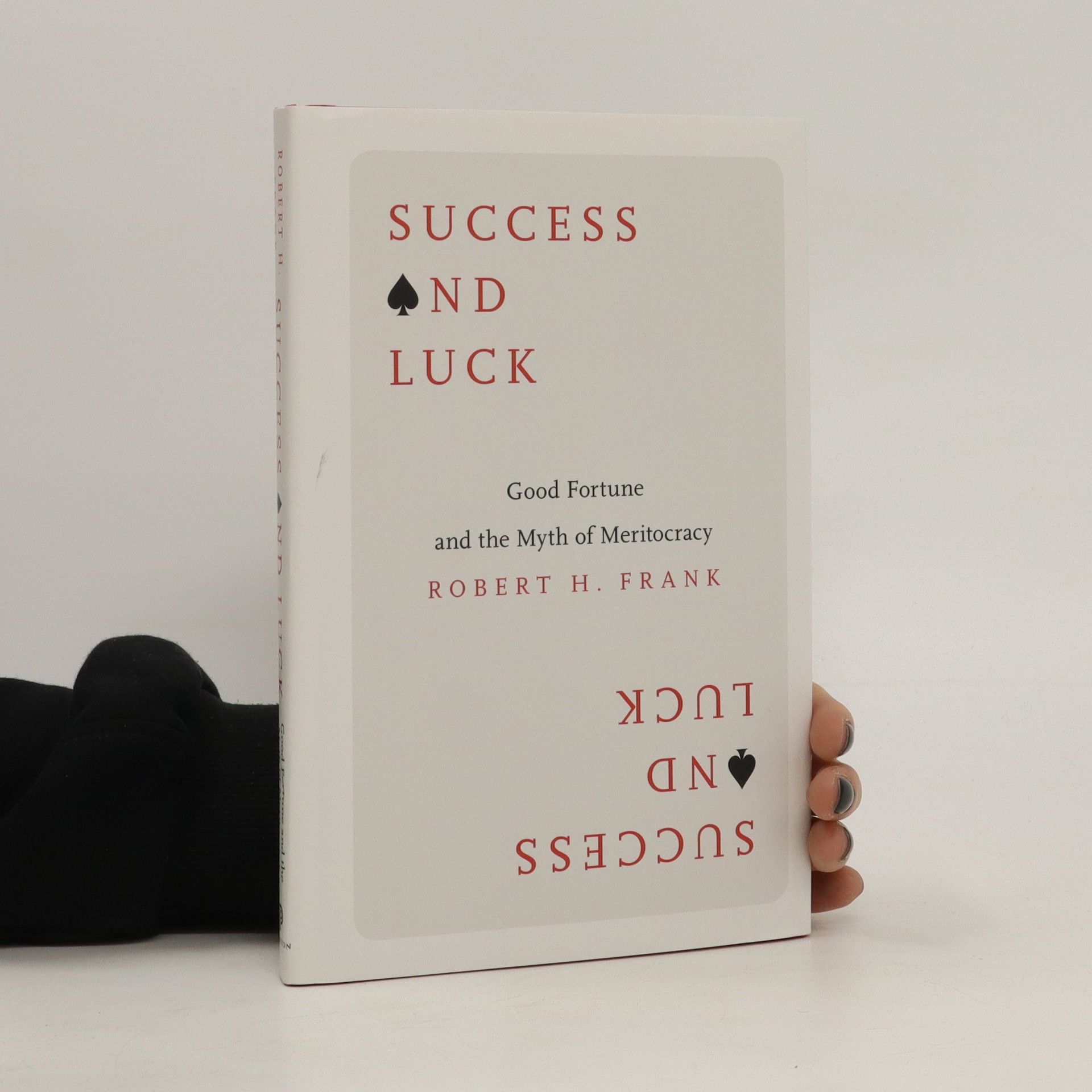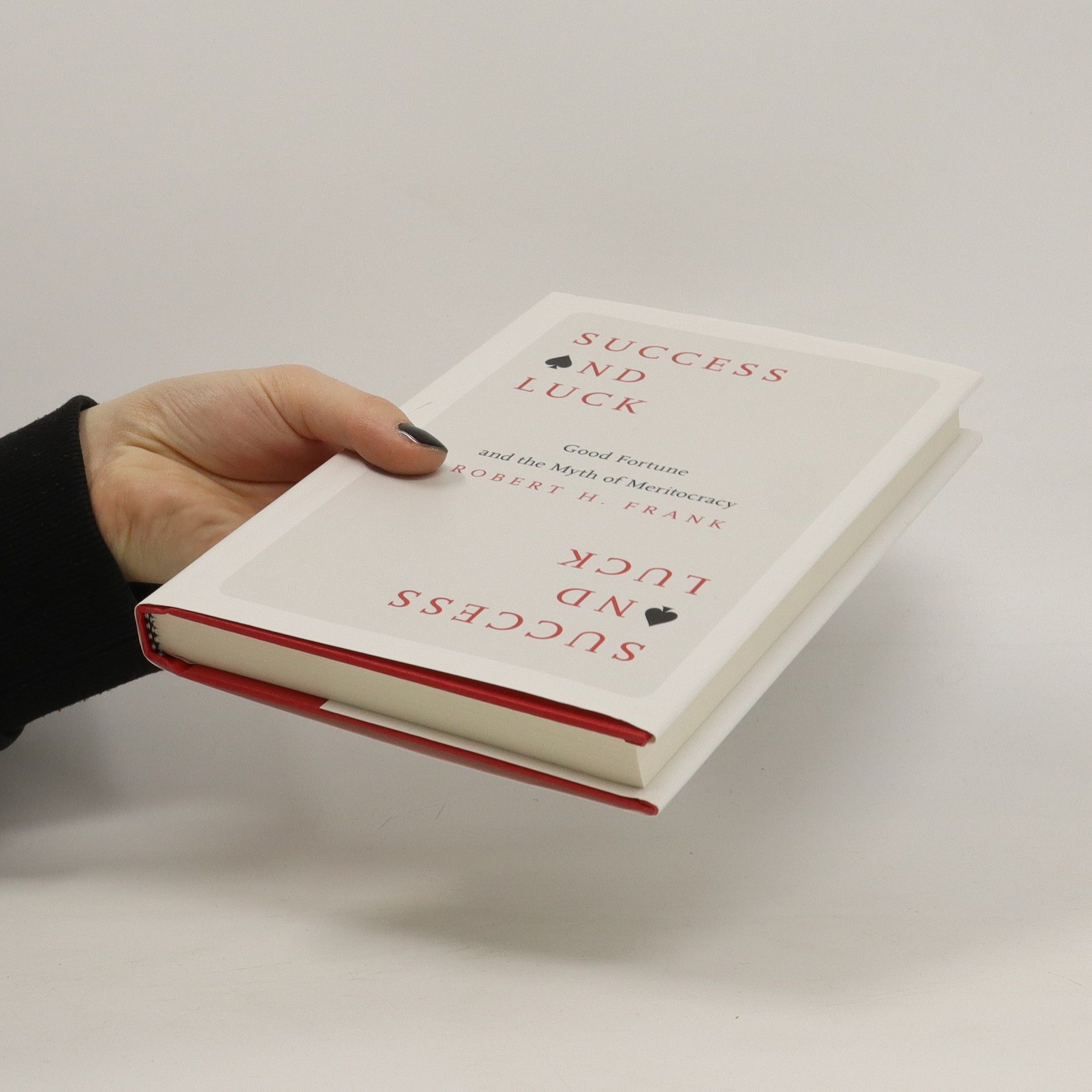Parameters
- 187 pages
- 7 hours of reading
More about the book
How important is luck in economic success? This question divides conservatives and liberals. Conservatives argue that those who accumulate wealth are typically talented and hardworking. Conversely, liberals point out that many equally skilled individuals struggle financially. Recent social science research reveals that chance significantly influences life outcomes more than commonly believed. The author explores how the wealthy often underestimate luck's role in their success, which ultimately harms society, including the affluent. He illustrates how winner-take-all markets amplify small initial advantages into substantial disparities over time. Despite strong evidence, misconceptions about luck persist, affecting personal and political decisions detrimentally. The author proposes that we can mitigate inequality driven by luck through simple, non-intrusive policies capable of freeing up trillions annually—sufficient to address infrastructure decay, expand healthcare, combat climate change, and reduce poverty, all without demanding sacrifices. This solution may seem unlikely, yet it requires only a few straightforward steps. The engaging narrative reveals how a clearer understanding of chance's impact can foster fairer and more prosperous economies and societies.
Book purchase
Success and luck : good fortune and the myth of meritocracy, Robert Frank
- Language
- Released
- 2016
- product-detail.submit-box.info.binding
- (Hardcover)
Payment methods
We’re missing your review here.




